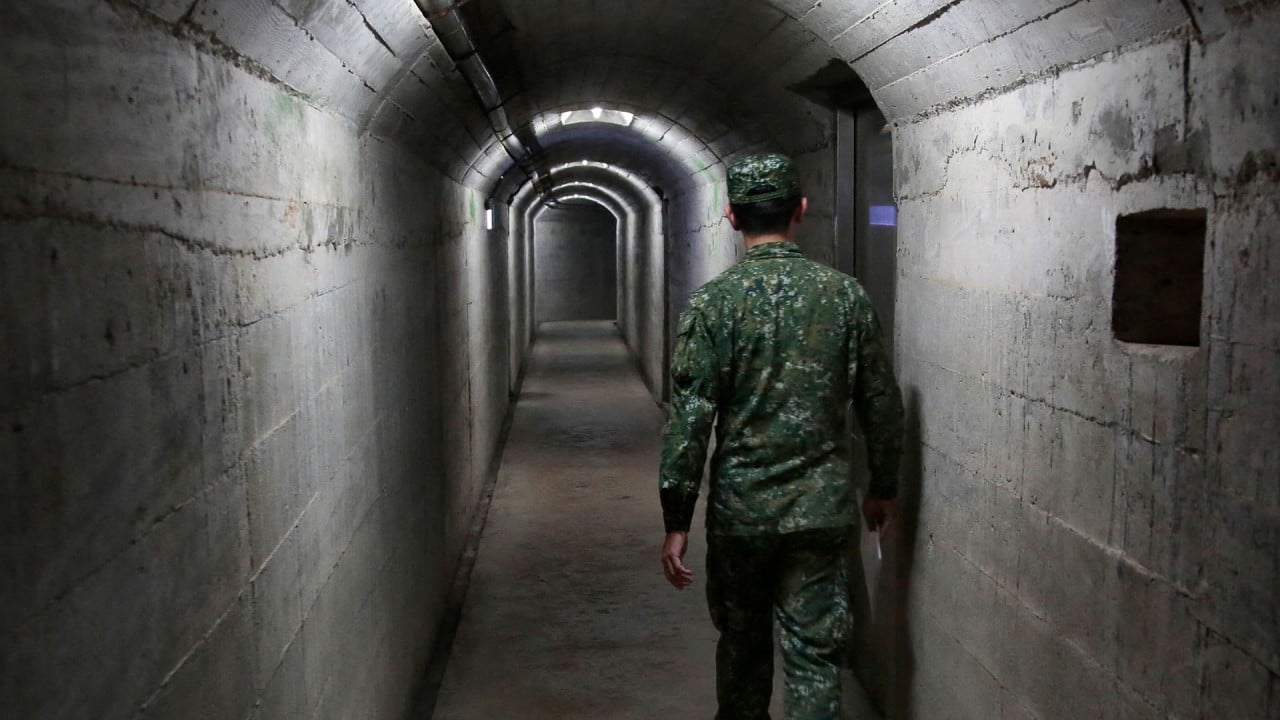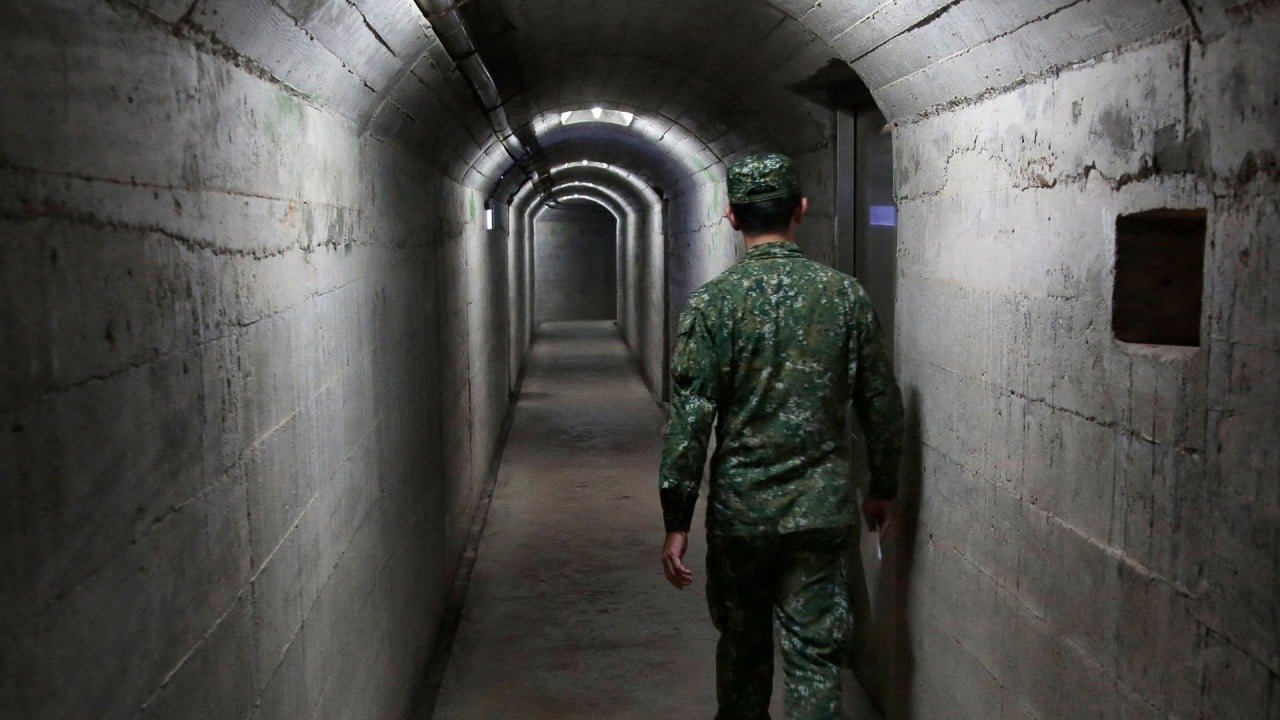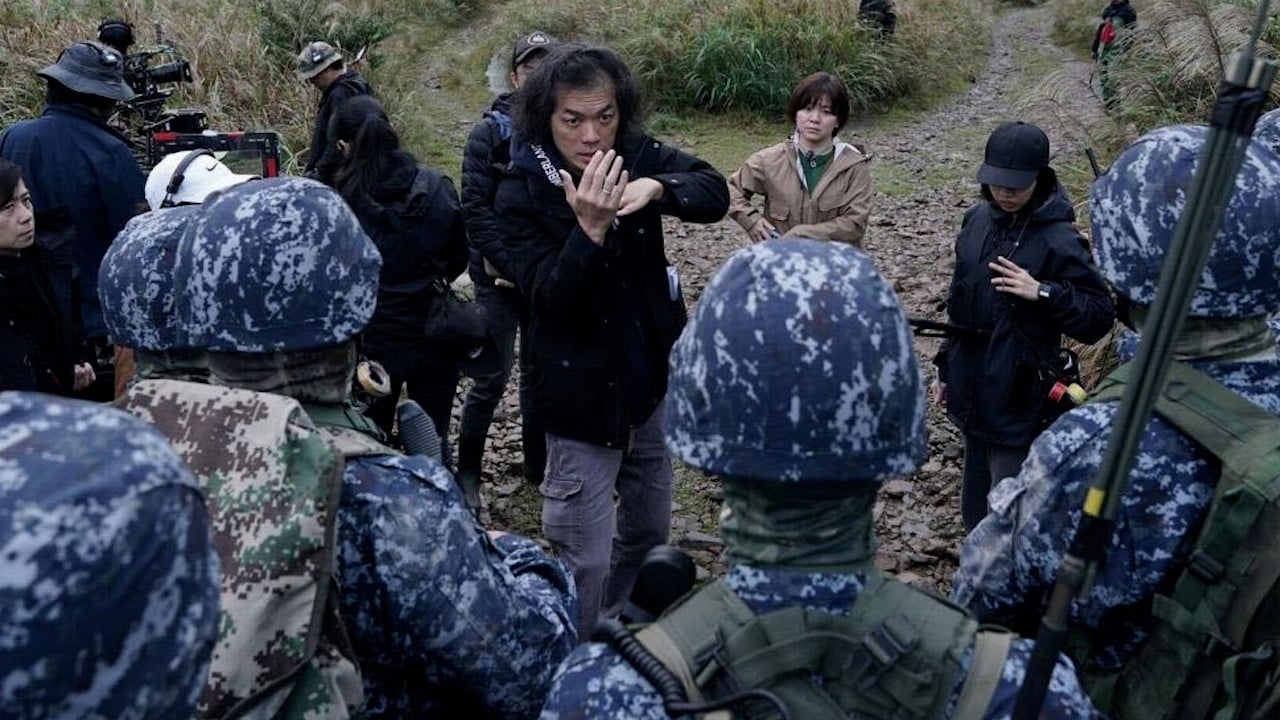William Lai Ching-te’s first 100 days as leader of Taiwan have been evaluated not only on the basis of his handling of local affairs, but also in relation to the self-governed island’s heightened tensions with mainland China.
Cross-strait relations have deteriorated significantly since Lai took office on May 20, according to analysts, who say he has actively sought to sever Taiwan’s historical ties with the mainland.
His predecessor Tsai Ing-wen, also of the independence-leaning Democratic Progressive Party (DPP), employed a strategy of ambiguity in dealing with the mainland during her eight years in office. However, the more assertive Lai is seen to have taken a clear and decisive stance.
His promotion of the “mutual non-subordination” theory to define Taiwan’s relationship with Beijing has raised concerns among observers, who fear it could further strain cross-strait ties and potentially lead to conflict.
In his three major speeches on cross-strait relations since taking office, Lai has consistently stressed his view that the two sides of the Taiwan Strait are no longer connected.
“The Republic of China and the People’s Republic of China are not subordinate to each other,” Lai said in his inauguration speech, referring to the official names of the two sides.
According to analysts, Lai has sought to use these speeches to project a permanent disconnect, reframing the two sides of the strait as adversaries rather than kin.
“In contrast to Tsai, who adopted a strategic ambiguity approach by maintaining the Act Governing the Relations Between the People of Taiwan and the Mainland to avoid overly provoking Beijing, Lai chose to make it clear that the two sides are not subordinate to each other,” said Wang Kung-yi, head of the Taiwan International Strategy Study Society, a think tank in Taipei.
Promulgated in 1992, the act governs visits and exchanges of people between Taiwan and the mainland.
Although Tsai also promoted the island’s independence, Wang said that by maintaining the cross-strait relations act that still binds the two sides together, she managed to give Beijing the impression that she did not seek to overly offend.
But Lai has simply abandoned the act and directly touted the “mutual non-subordination” concept to wipe out the historic cross-strait link, Wang said.
Addressing the centennial celebration of the Whampoa Military Academy in Kaohsiung on June 16, Lai said: “Despite drastic changes over the past 100 years, we firmly believe that wherever the Republic of China is, there is the spirit of Whampoa.”
Lai made no mention of the late Kuomintang (KMT) leader Chiang Kai-shek, who headed the academy when it was first established in the southern mainland city of Guangzhou in 1924.
The academy was relocated to Taiwan shortly after the civil war, when Chiang’s defeated forces retreated to the island and set up an interim government there in 1949.
“Only those who fight for the survival, development and security of the Republic of China and its people are true graduates of the academy; those without such ambition are false ones,” Lai said.
Last week in Quemoy – a Taiwanese defence outpost also known as Kinmen – Lai addressed a ceremony to mark the 66th anniversary of the start of the 1958 Taiwan Strait Crisis, also known as the “August 23 Artillery Battle”.
“We are no longer trying to retake mainland China, but we are also unwilling to be ruled by the Chinese Communist Party,” Lai said.”
“When the artillery battle happened, I wasn’t born yet, and the Democratic Progressive Party hadn’t been established either. Clearly, China’s intention to take over Taiwan is not directed at any particular person or political party in Taiwan, nor is it about what anyone has said or done.”
The battle in 1958 saw communist forces shelling the nearby islands of Quemoy and Matsu – another Taiwanese defence outpost close to the mainland – in an attempt to take control of Taiwan.
Beijing sees Taiwan as part of China to be reunited by force if necessary. Most countries, including Taiwan’s main international backer, the United States, do not recognise Taiwan as independent, but Washington is opposed to any attempt to take the self-governed island by force and is committed to supplying it with weapons.
Beijing sees Lai, leader of the DPP, as a “separatist” who could bring war to the Taiwan Strait and has stepped up military intimidation since he was elected to succeed Tsai in January.
“In his June address to the Whampoa Military Academy, Lai stressed that although the academy was set up 100 years ago in Guangzhou, it is now in Kaohsiung, and the Whampoa spirit only exists in Taiwan rather than in mainland China,” Wang said.
“Lai attempted to strike a delicate balance between acknowledging the academy’s historical roots in mainland China and promoting a distinct Taiwanese identity,” Wang added, saying he also sought to erase the legacy of Chiang, who had deep historical links with the mainland and whose influence still lingered within the military.
Huang Kwei-bo, a professor of diplomacy at National Chengchi University in Taipei, said Lai’s August 23 speech was part of an ongoing attempt to decouple Taiwan from mainland China.
“In the case of the August 23 Artillery Battle, Lai sought to lead the public to believe that the battle was a conflict between ‘democratic Taiwan and communist China,’ whereas in reality, it was the extension of the Chinese civil war between the KMT and the [Communist Party],” Huang said.
Like the mainland, Taiwan was under one-party rule in 1958. The KMT is now the main opposition party in Taiwan.
Huang said Lai’s remarks that China’s attempt to take the island was “not directed at any particular person or political party in Taiwan” suggested that Beijing’s wish to seize Taiwan had nothing to do with the ruling DPP’s promotion of independence.
However, Lai I-chung, president of the Prospect Foundation, a government think tank, said that Lai’s remarks aimed to assert that Taiwan had “long since moved beyond the historical perspective of the Chinese Civil War”.
“The artillery battle should not be viewed as an extension of that civil war,” he said, adding the island’s leader sought to “break free from the Chinese civil war framework in Taiwan’s cross-strait discourse, anchoring it instead in the broader national context”.
Additionally, his remarks aimed to shift society away from an outdated historical viewpoint, urging Taiwanese to realise that Taiwan is now of global significance, Lai I-chung said.
“The Taiwan Strait issue is not merely a matter between Taiwan and China but a challenge faced by the entire world, and Taiwan is not facing it alone.”
James Yifan Chen, a professor of diplomacy and international relations at Tamkang University in New Taipei, said Lai’s cross-strait policy rhetoric appeared to be more separatist than Tsai’s because of Lai’s repeated emphasis on how the two sides were not subordinate to each other.
“Lai is also framing a different concept which denies [Taiwan’s] past legacies on the mainland to push for more obvious separation as a historical revisionist,” Chen said.
Timing is also important. Lai is promoting his ideology during the “vacuum period” of the US presidential election, when Americans typically pay less attention to the words and actions of a Taiwanese leader, according to Chen.
“I think US national security adviser Jake Sullivan and China’s top diplomat Wang Yi would definitely talk about this [but] the US worries more about the Middle East and the South China Sea now, and cross-strait issues do not appear on its alert radar,” he said.
Li Zhenguang, dean of the Taiwan Research Institute at Beijing Union University, said that from the mainland’s perspective, Tsai Ing-wen was more inclined towards “soft confrontation” while Lai’s provocations on the issue of Taiwanese independence have surpassed hers.
He warned that if Lai continued to push the “Taiwan independence historical narrative” to sever cross-strait ties or adopted a “hard confrontation” approach in cross-strait relations, the mainland will undoubtedly respond with “hard measures” to seek unification.
“This is evident from earlier actions such as the mainland issuing judicial documents to punish stubborn Taiwan independence elements, the People’s Liberation Army exercises targeting Taiwan, and the normalisation of law enforcement patrols by the mainland coastguard in the waters around Quemoy,” he said.
Sullivan’s just-concluded visit to Beijing also sent “a clear signal” that the US wanted to cooperate with the mainland to improve risk management regarding Taiwan, Li said.




